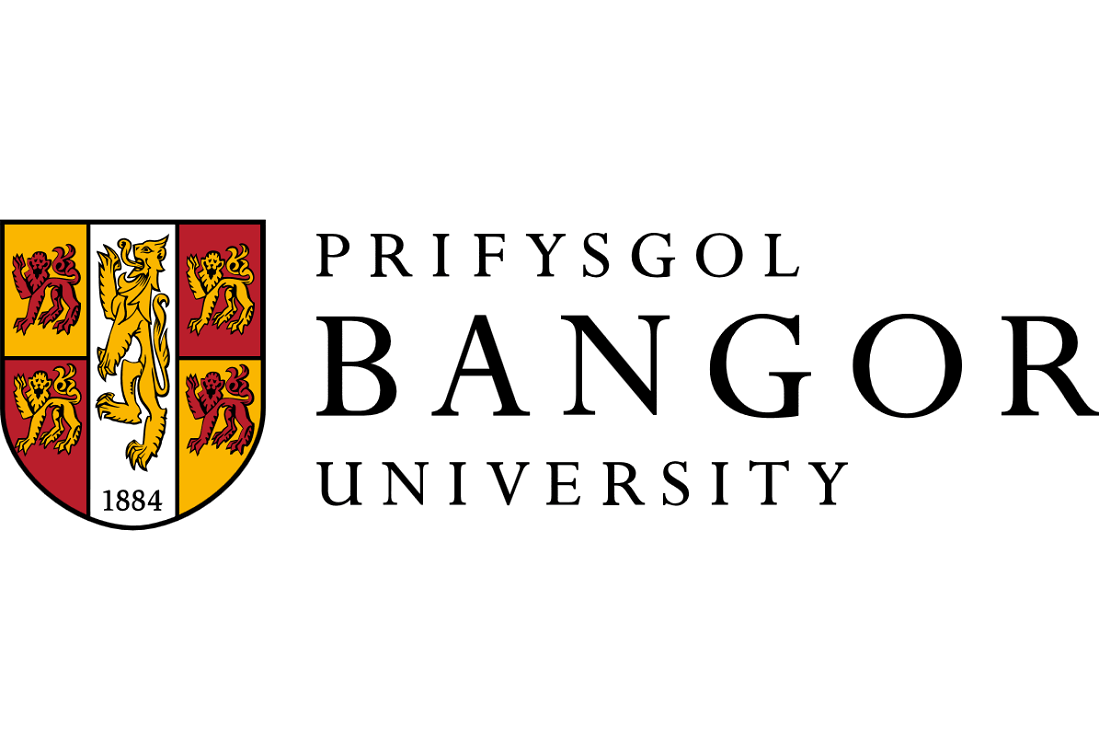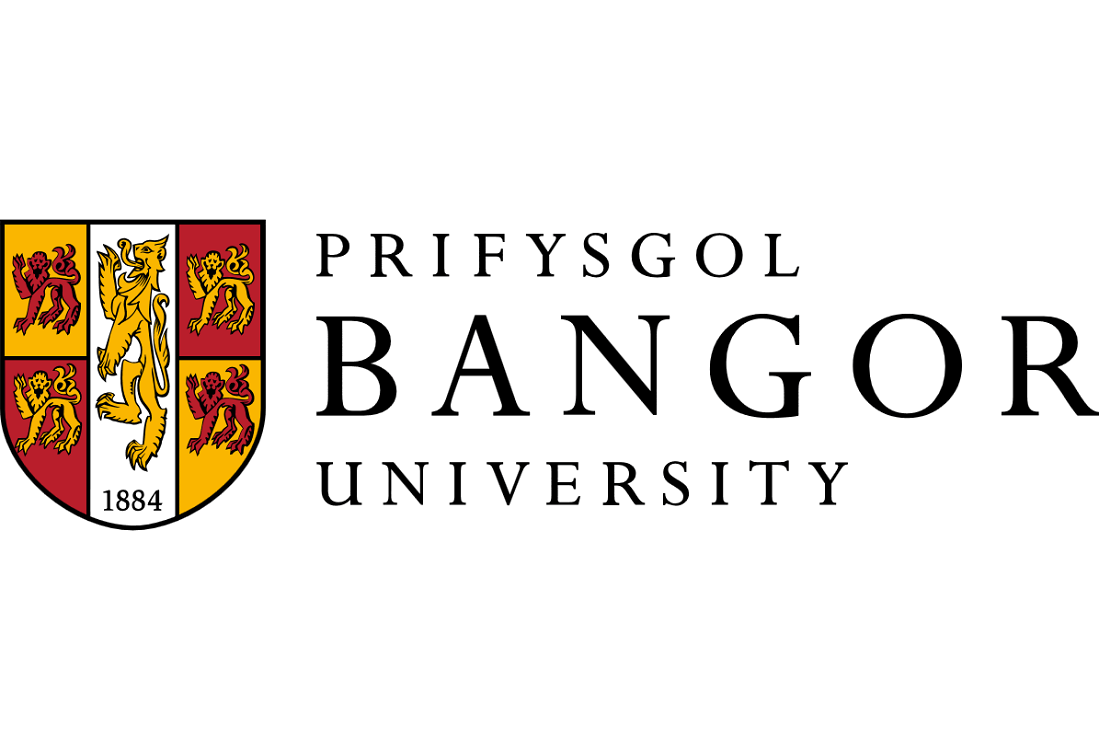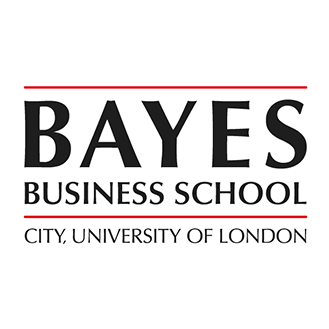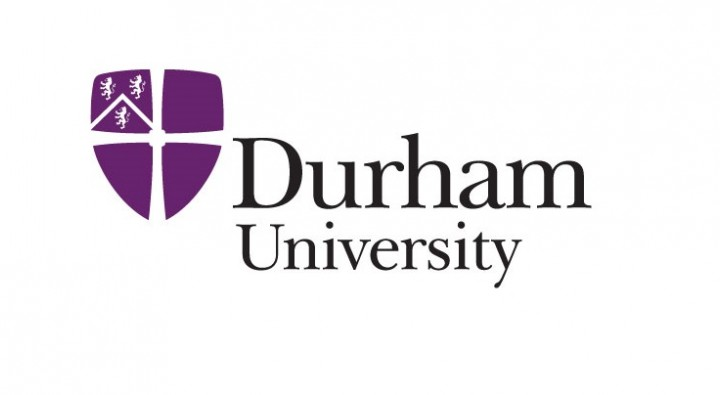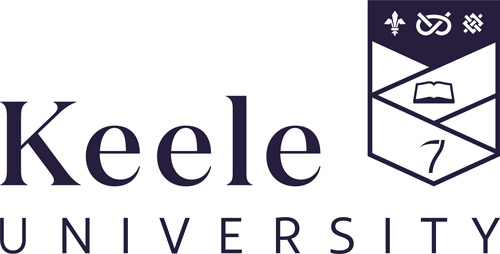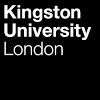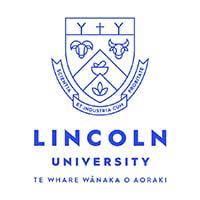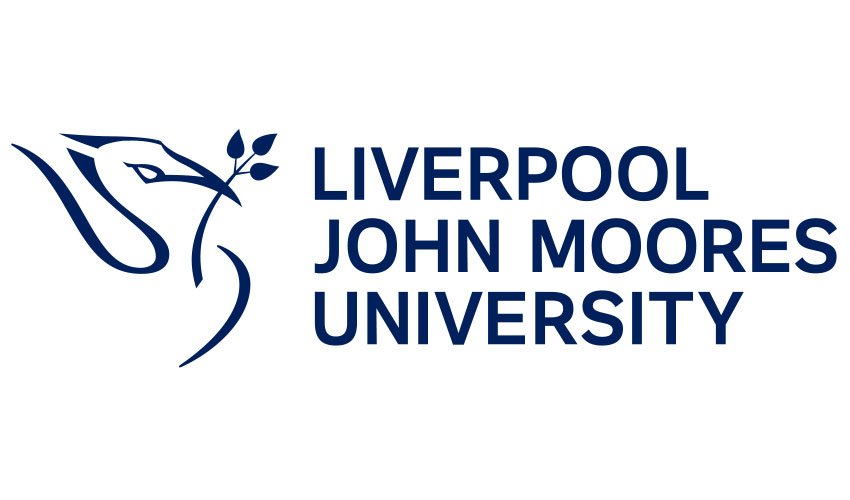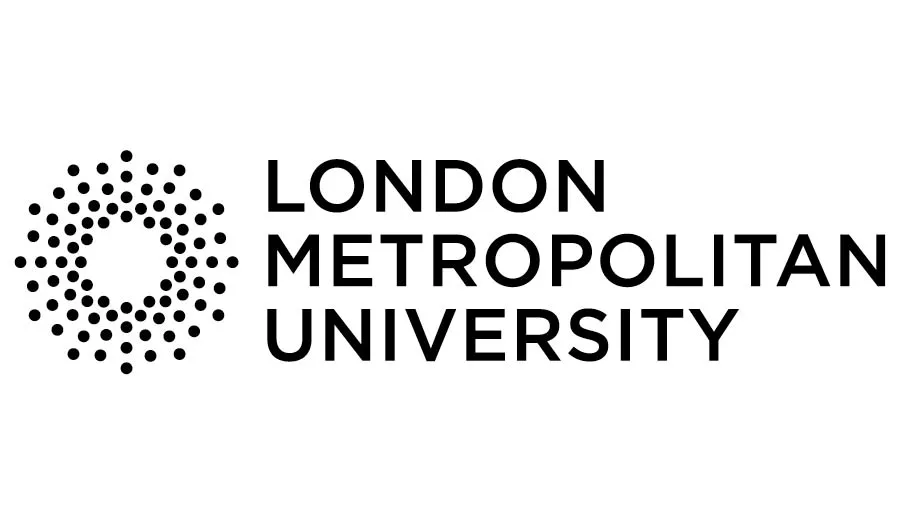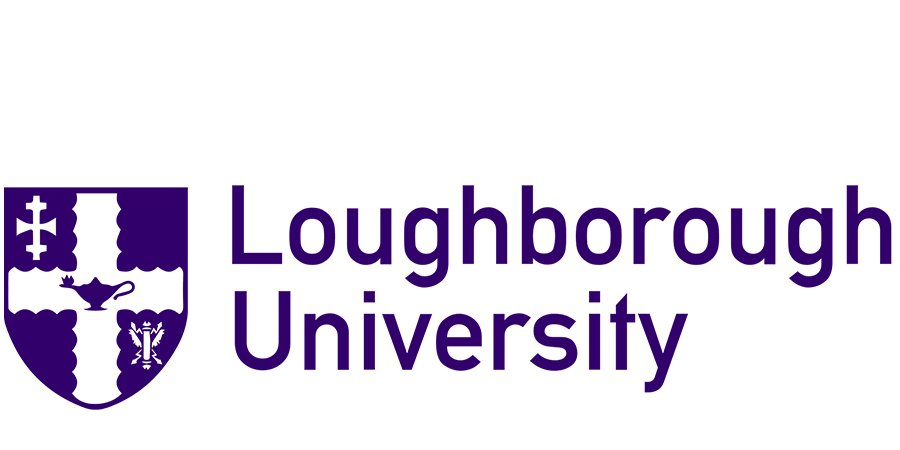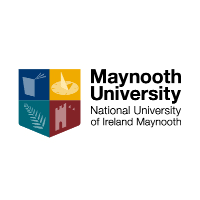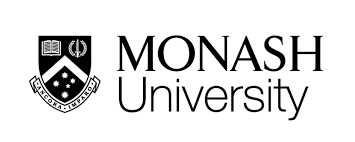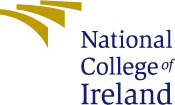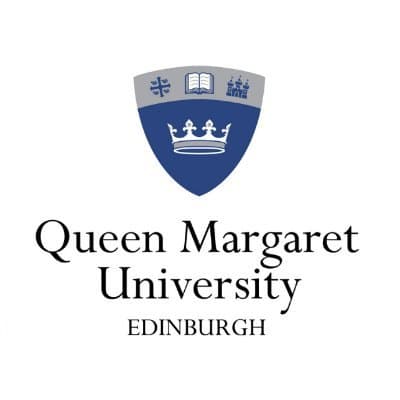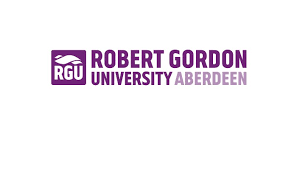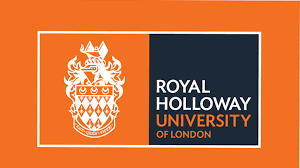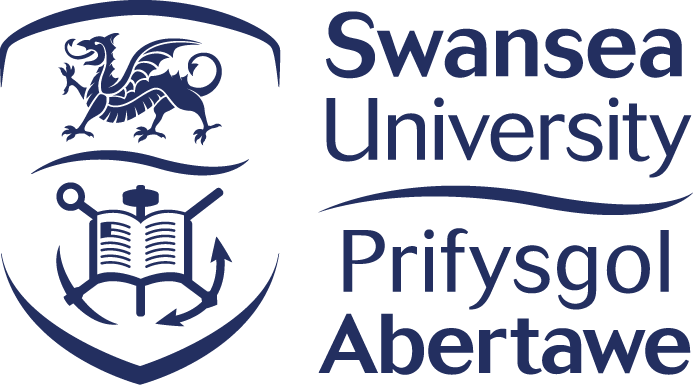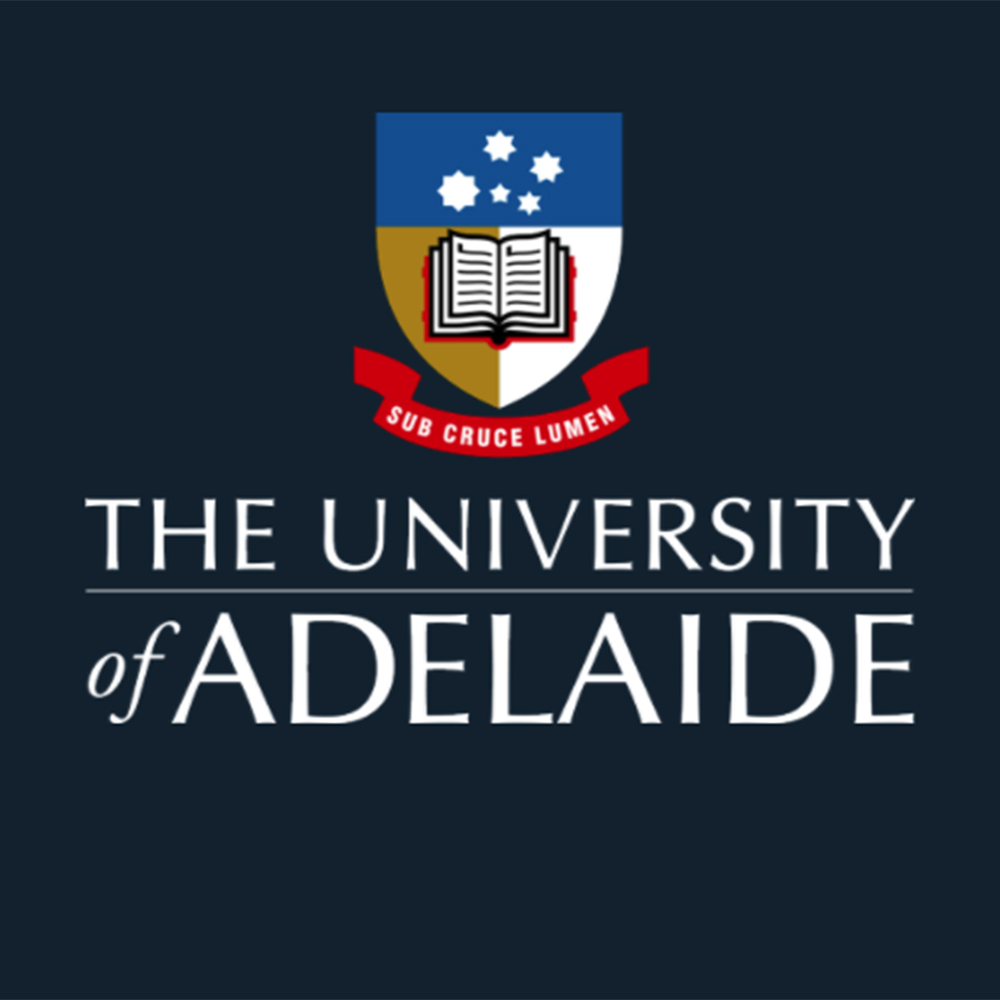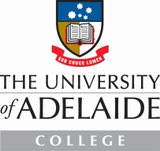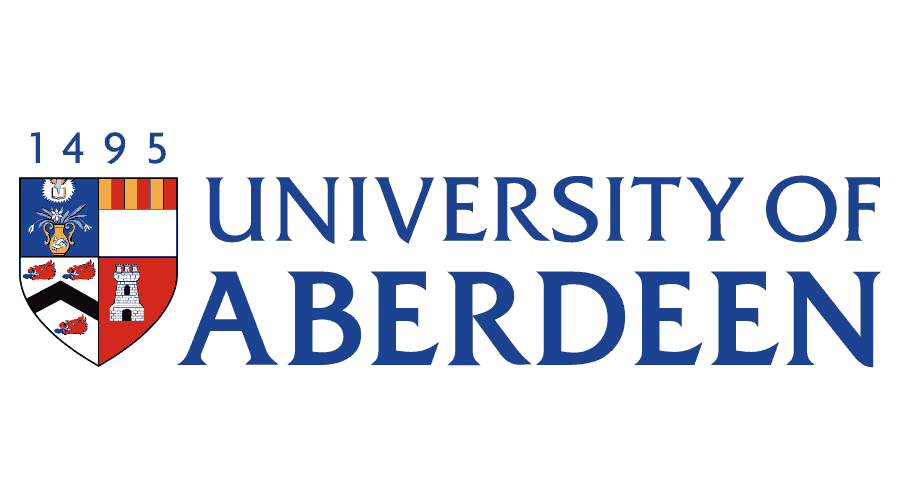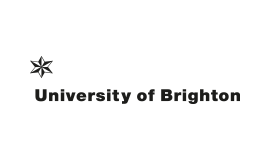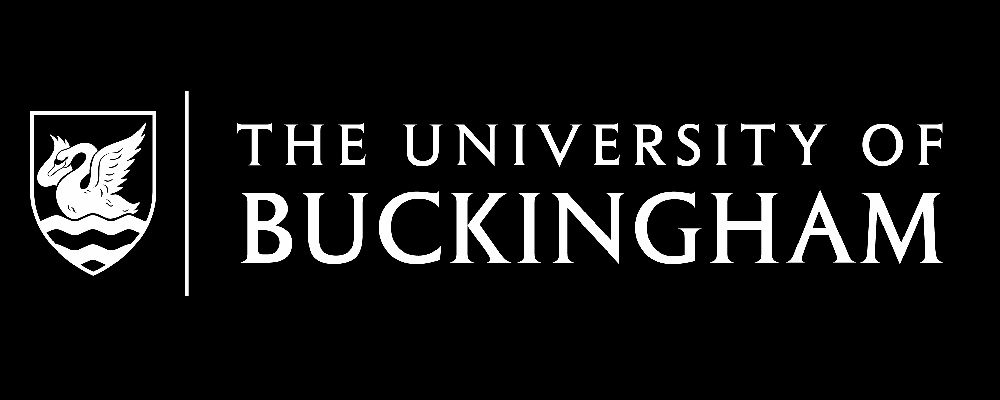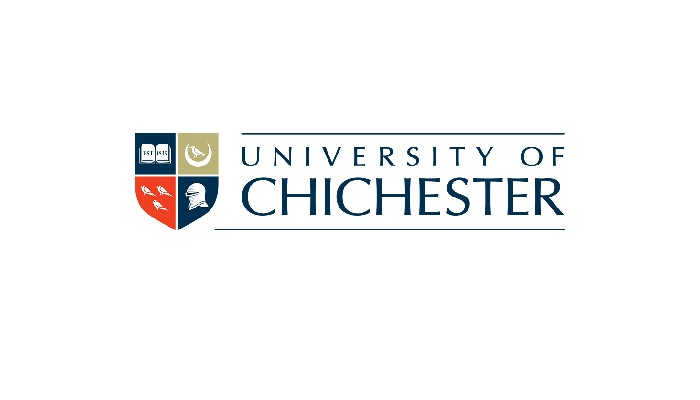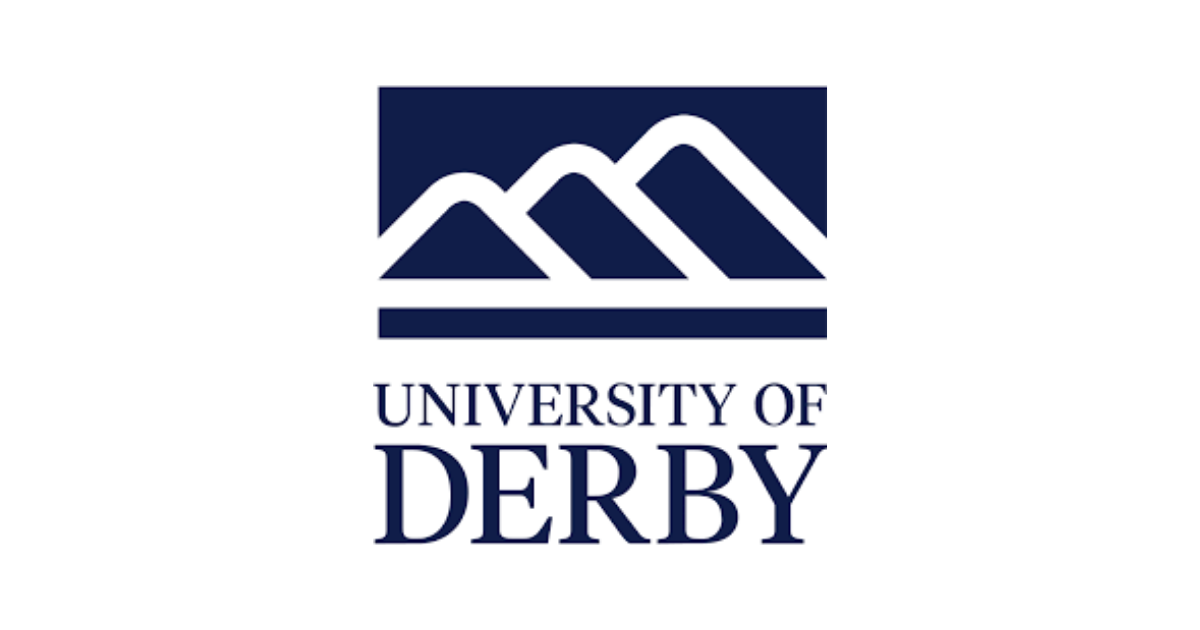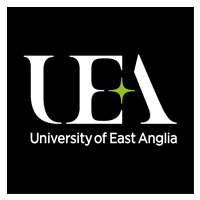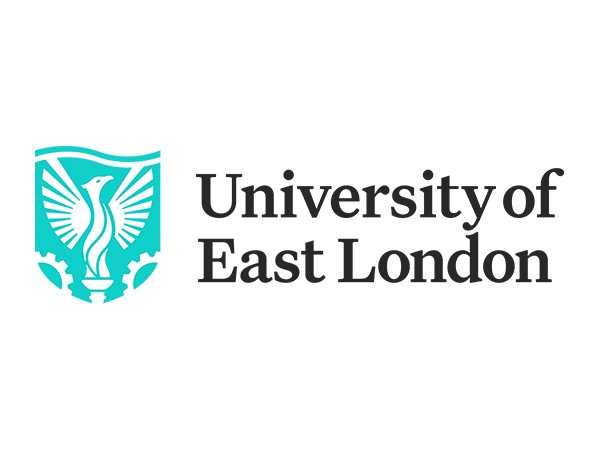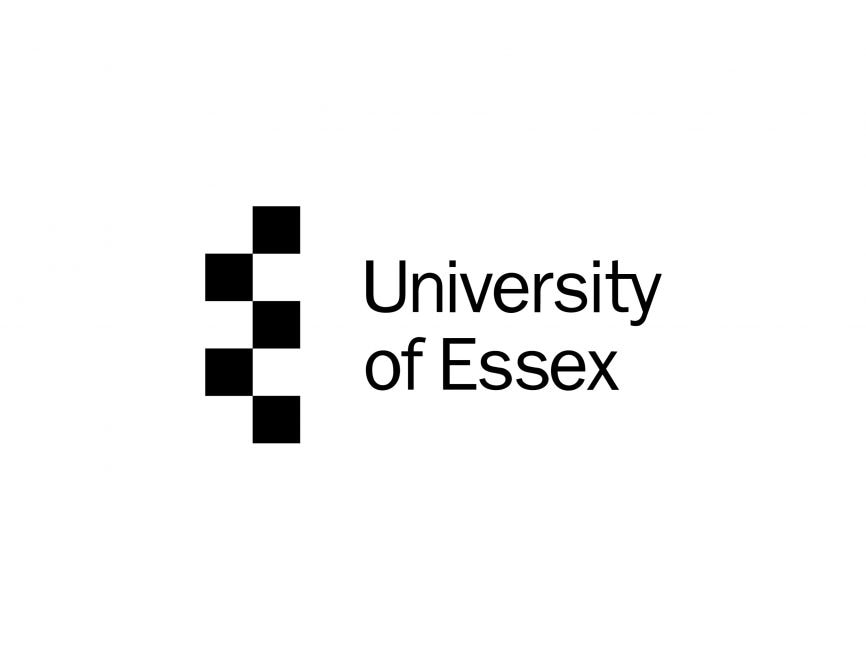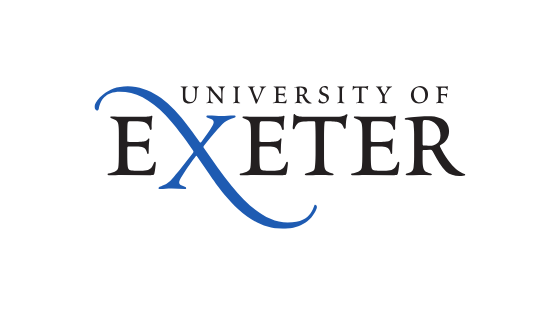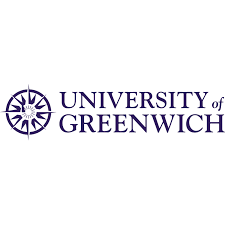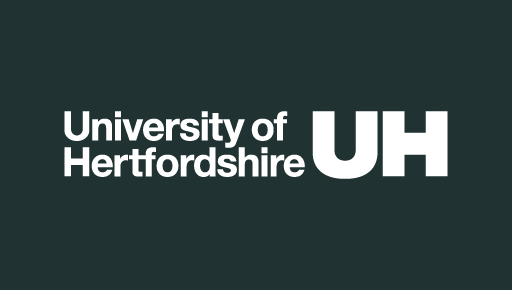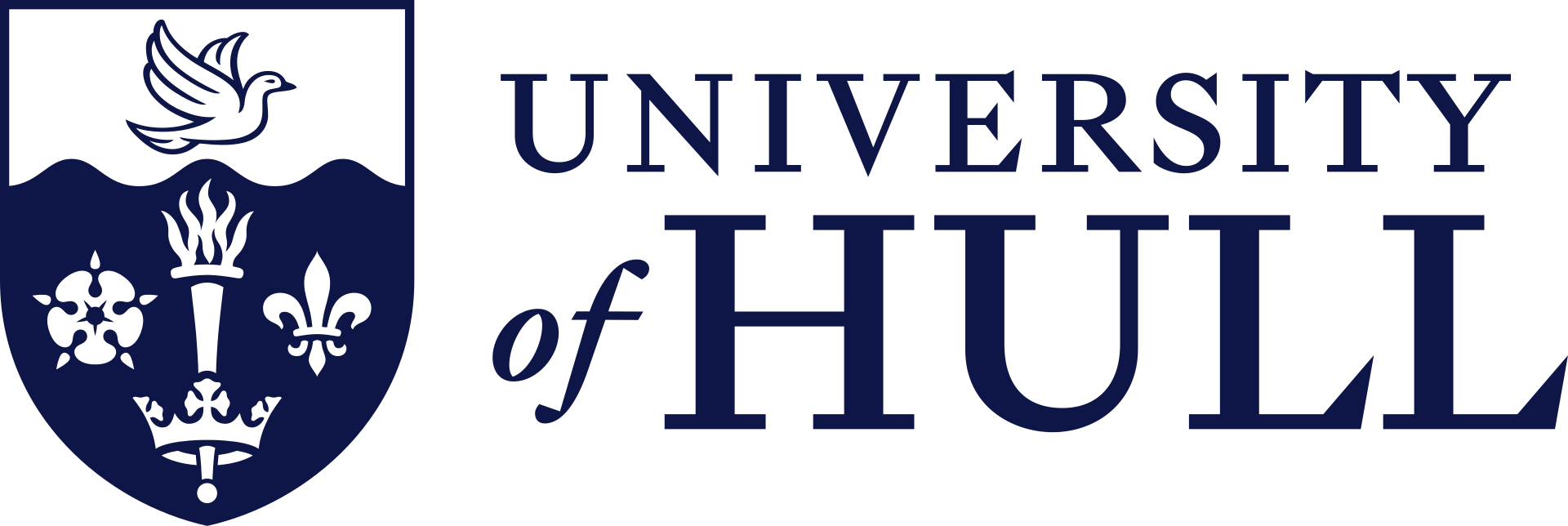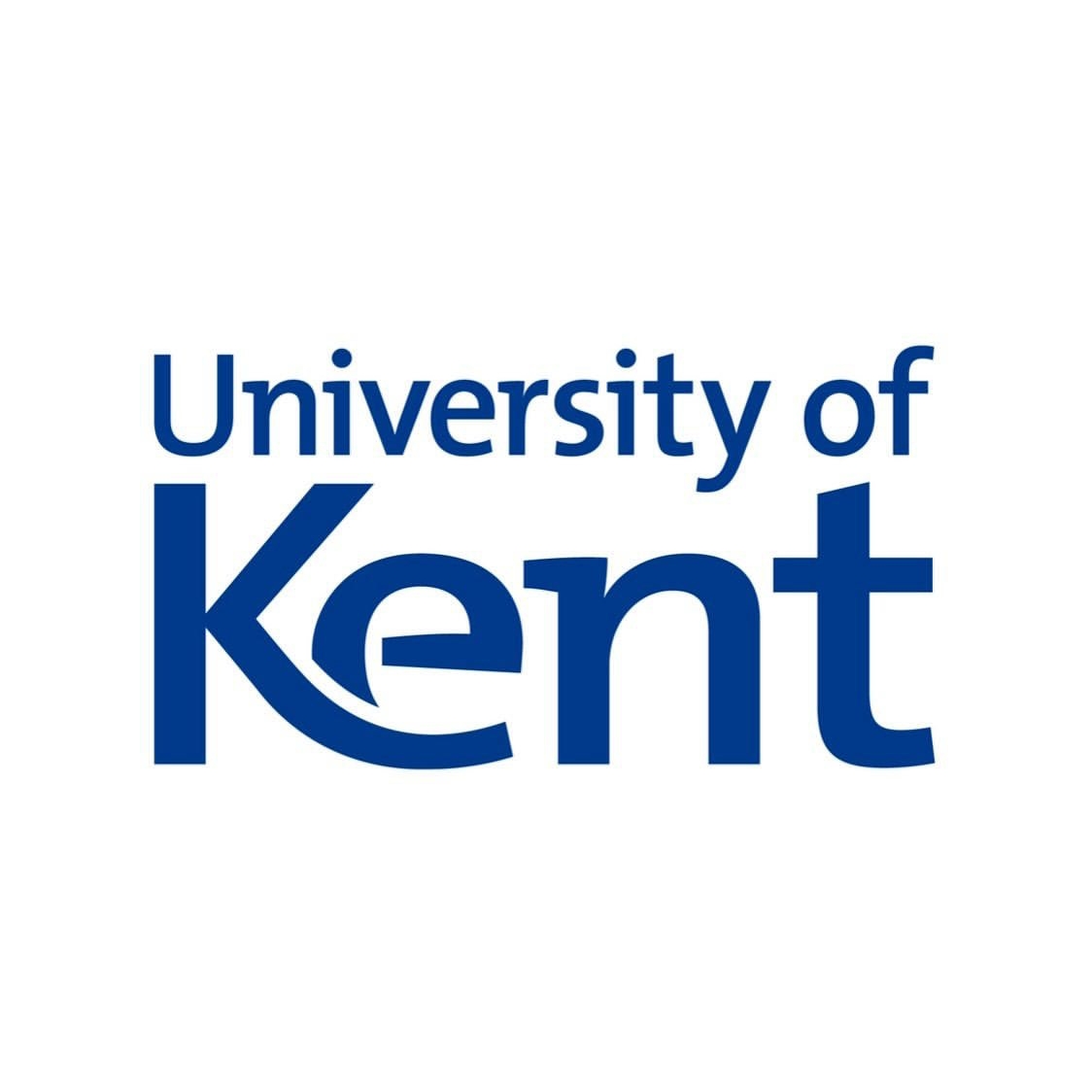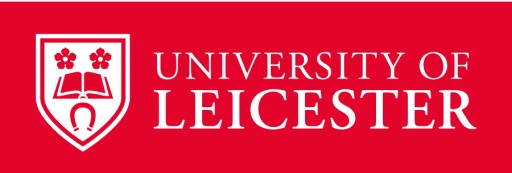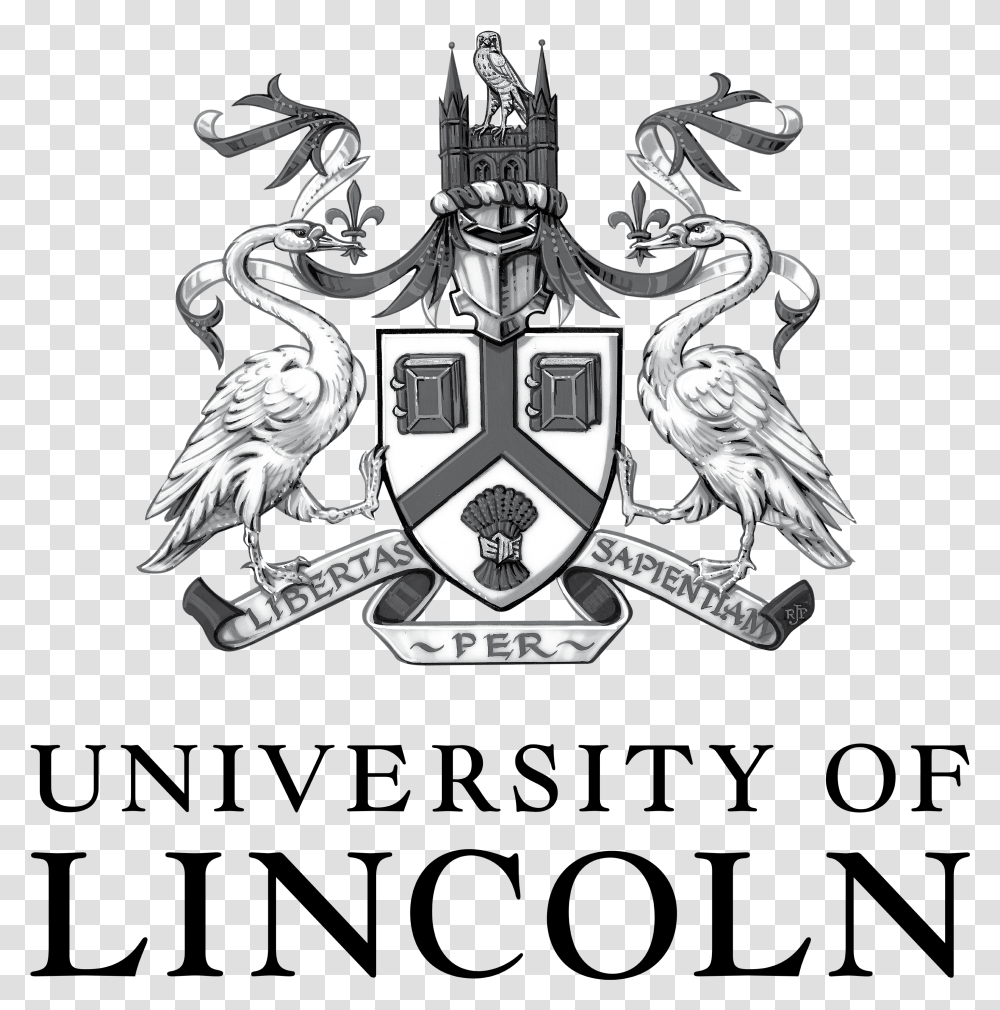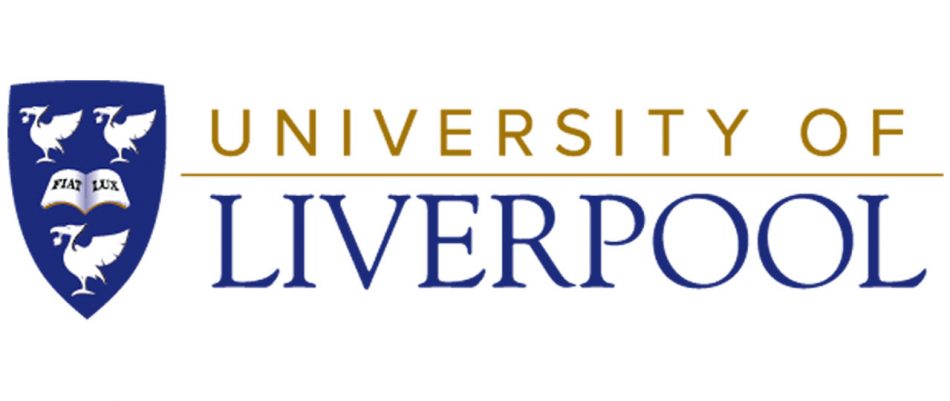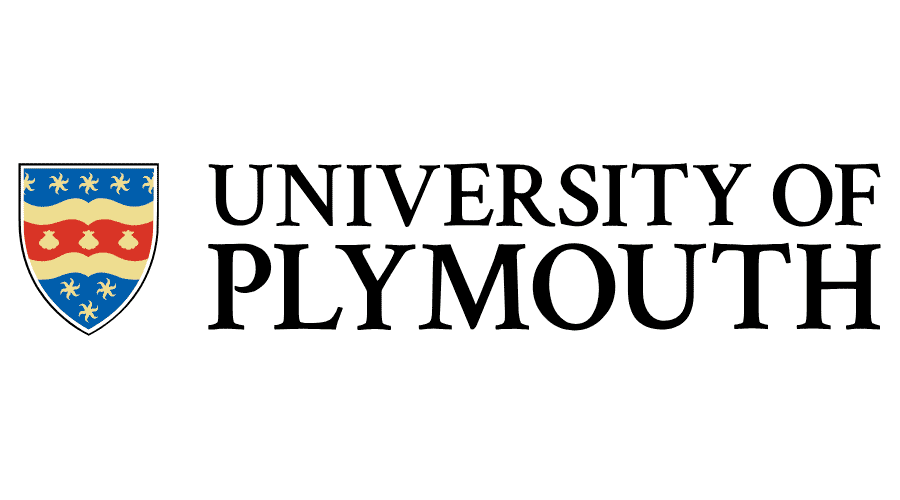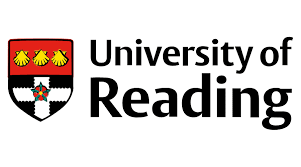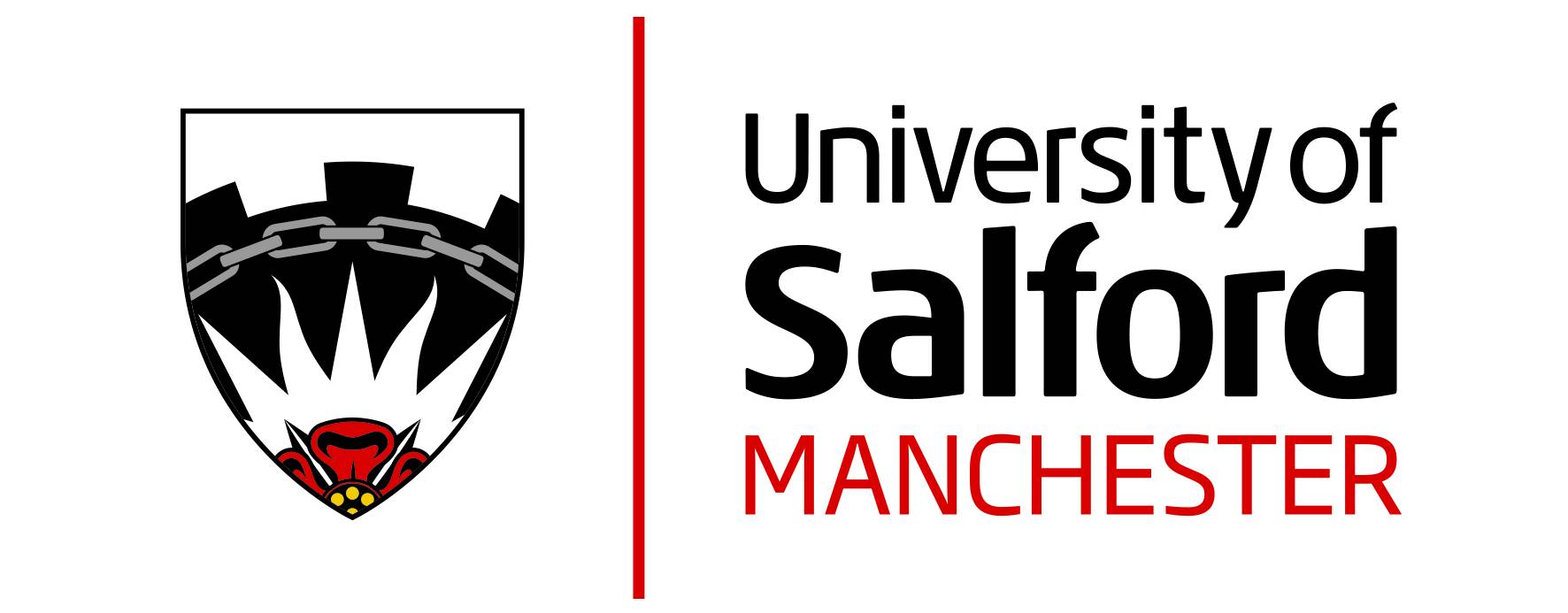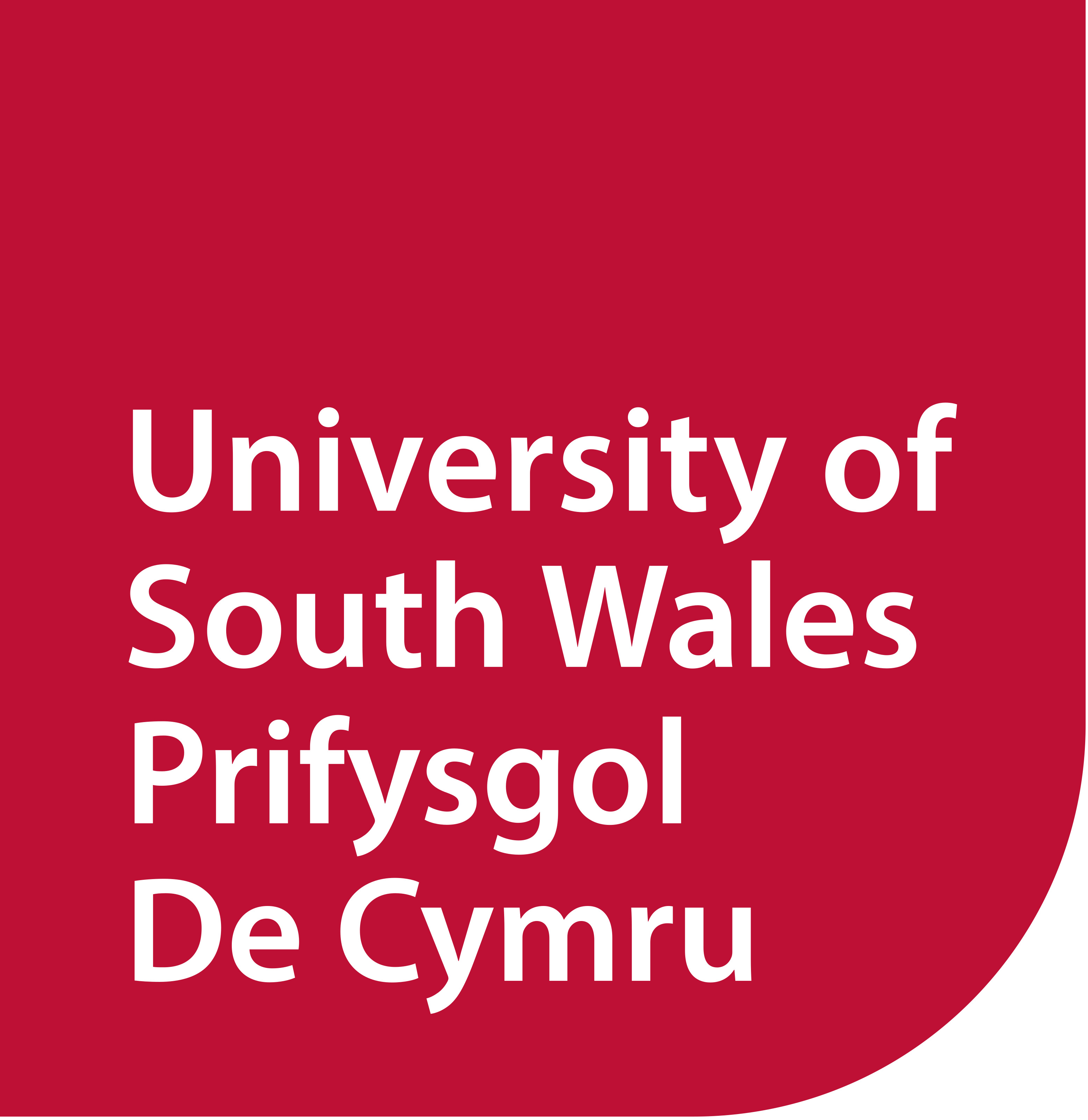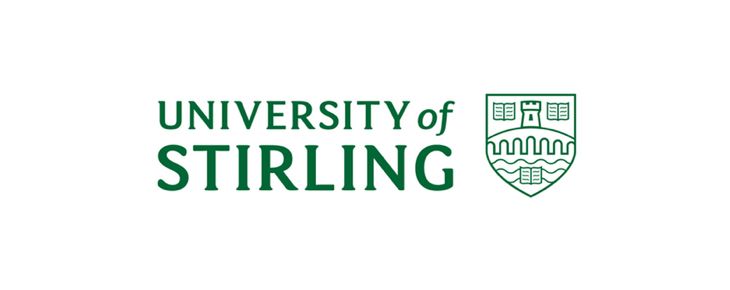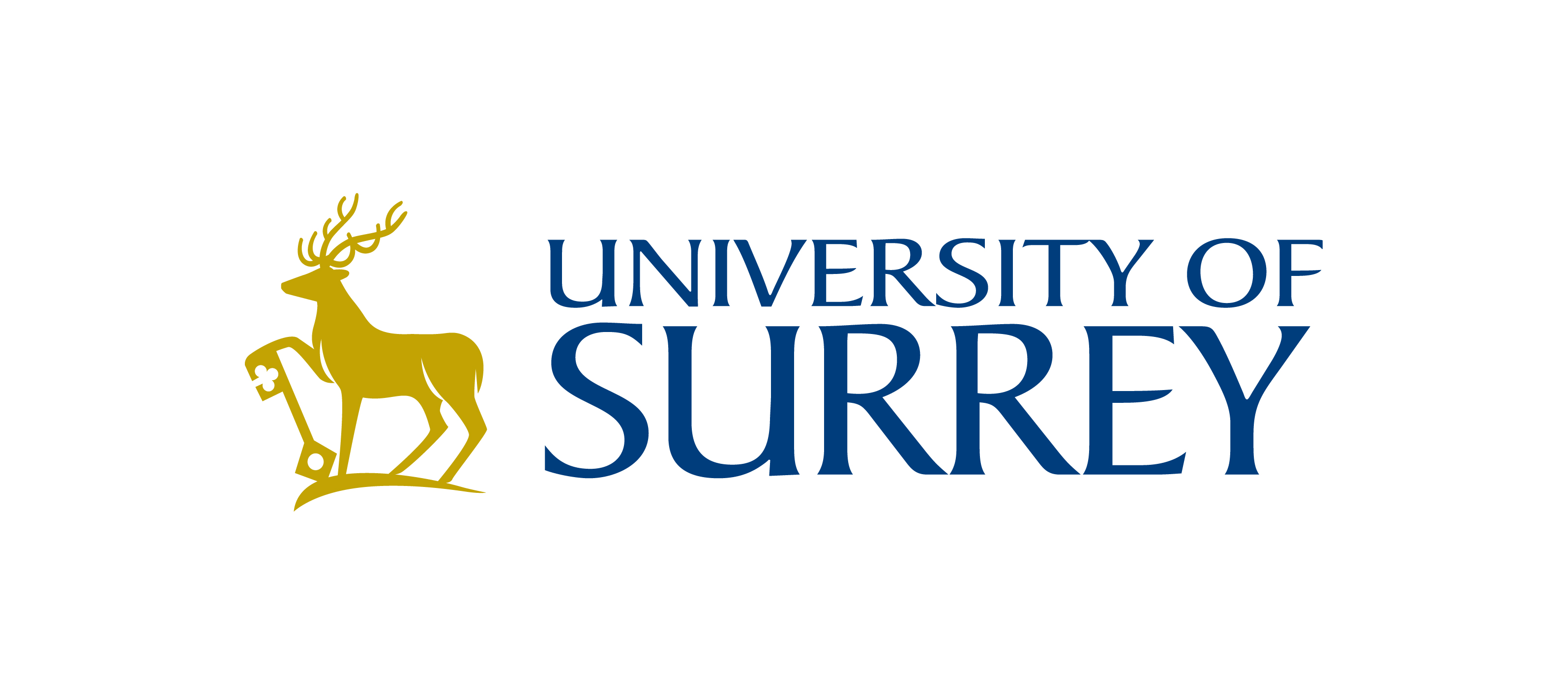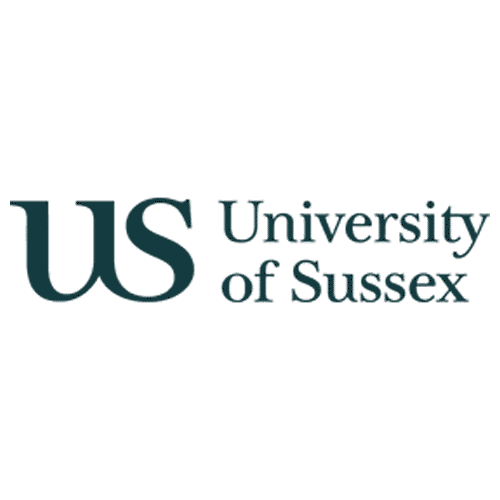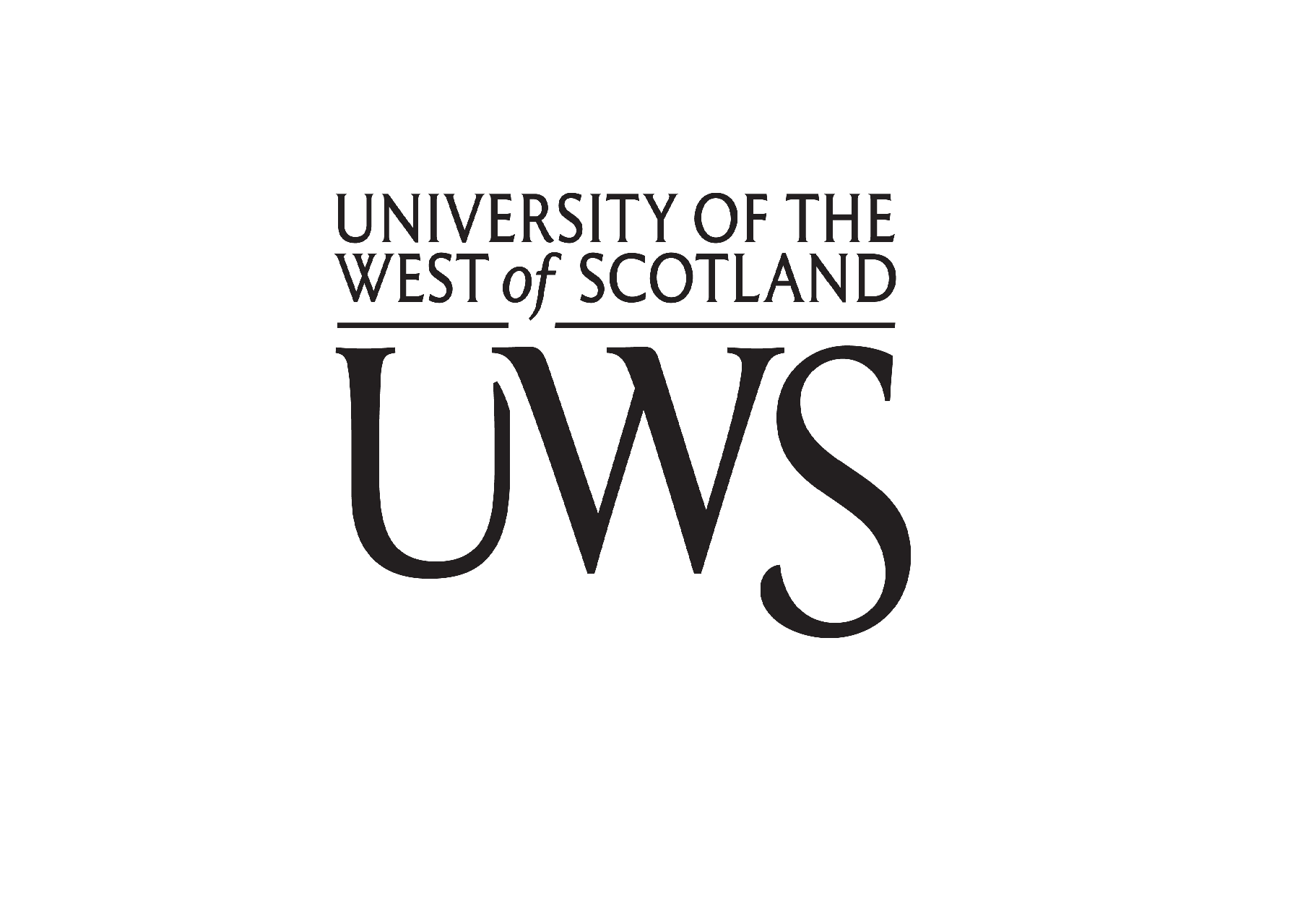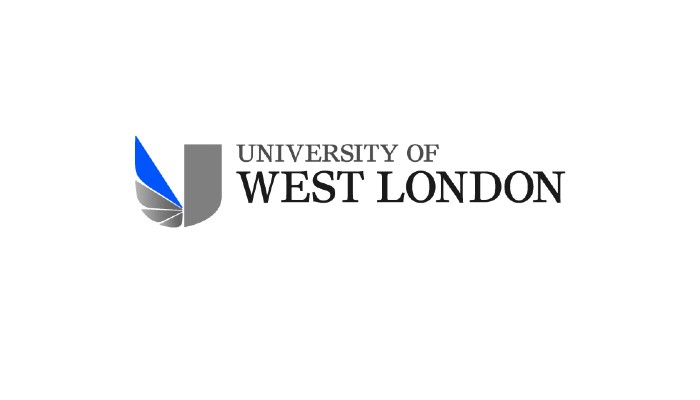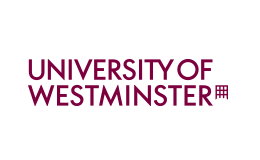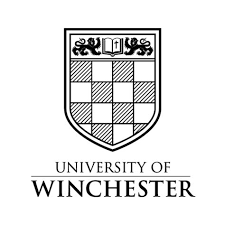Accounting and Finance
Welcome to the ultimate guide for Indian students aspiring to pursue a degree in Accounting and Finance abroad. In an increasingly globalized economy, expertise in financial management, auditing, and investment strategies is more valuable than ever. This course equips you with the skills to navigate complex financial landscapes, from corporate budgeting to international taxation. Whether you're aiming for a career in multinational corporations or starting your own venture, studying Accounting and Finance overseas offers unparalleled exposure to world-class education, diverse cultures, and lucrative job markets. For Indian students, this path not only promises high-paying roles but also a chance to bridge traditional Indian business practices with global standards like IFRS (International Financial Reporting Standards).
Why Study Accounting and Finance Abroad?
India's economy is booming, with sectors like fintech, banking, and e-commerce driving demand for skilled accountants and finance professionals. However, studying abroad elevates your profile by providing access to advanced curricula, cutting-edge research, and international certifications such as ACCA (Association of Chartered Certified Accountants) or CPA (Certified Public Accountant). Here's why it's a smart choice:
- Global Recognition: Degrees from top foreign universities are highly respected by Indian employers like Deloitte, KPMG, and Tata Consultancy Services, giving you an edge in competitive job markets.
- Practical Exposure: Unlike rote learning in some Indian programs, international courses emphasize case studies, internships, and real-world projects, preparing you for dynamic roles.
- Diverse Specializations: Explore niches like forensic accounting, sustainable finance, or blockchain in finance—areas gaining traction in India's digital economy.
- Networking Opportunities: Connect with global alumni networks and industry leaders, which can lead to placements in cities like London, New York, or Sydney.
- Personal Growth: Immersing in a new culture enhances soft skills like adaptability and cross-cultural communication, essential for finance roles in multinational settings.
With the global accounting services market projected to reach $700 billion by 2025, graduates enjoy strong employability rates—over 90% in many programs—making this a future-proof investment.
Top Destinations for Indian Students
Choosing the right country is crucial for balancing quality education, cost, and post-study work opportunities. Indian students often prefer destinations with English-medium instruction, streamlined visa processes, and vibrant Indian communities. Below is a comparison of popular study abroad hotspots for Accounting and Finance:
| Country | Key Advantages | Average Tuition (per year, INR) | Post-Study Work Visa | Popular Cities |
|---|---|---|---|---|
| United Kingdom | Short 1-year master's programs; strong focus on ACCA integration; proximity to financial hubs like London. | 15-25 lakhs | 2 years (Graduate Route Visa) | London, Manchester |
| United States | World-renowned Ivy League schools; emphasis on quantitative finance and MBA pathways; high earning potential. | 20-40 lakhs | Up to 3 years (OPT for STEM-related finance) | New York, Chicago |
| Australia | Affordable living; practical coursework with industry placements; growing Asian finance ties beneficial for Indians. | 15-22 lakhs | 2-4 years (Temporary Graduate Visa) | Sydney, Melbourne |
| Canada | Multicultural environment; pathways to permanent residency; strong co-op programs for hands-on experience. | 12-20 lakhs | Up to 3 years (PGWP) | Toronto, Vancouver |
| Germany | Low or no tuition fees at public universities; excellent for EU finance exposure; English-taught programs available. | 2-5 lakhs (mostly fees) | 18 months job search visa | Frankfurt, Berlin |
Each destination caters to different preferences— the UK for quick degrees, the US for prestige, and Canada for settlement options. Indian students should consider factors like exchange rates and family ties when deciding.
Popular Universities and Programs
Renowned institutions offer specialized bachelor's, master's, and even PhD programs in Accounting and Finance. Many integrate professional qualifications, reducing the time to become a chartered accountant. Here's a curated list of top picks for Indian applicants:
- London School of Economics (LSE), UK: MSc Accounting and Finance—focuses on econometrics and corporate governance; 85% employability rate.
- University of Pennsylvania (Wharton), USA: BS in Economics with Finance concentration—renowned for investment banking prep; alumni include Fortune 500 CEOs.
- University of Melbourne, Australia: Master of Commerce (Accounting)—includes CPA Australia accreditation; strong research in sustainable finance.
- University of Toronto, Canada: BCom in Accounting Specialist—co-op options with firms like PwC; ideal for those eyeing North American markets.
- Frankfurt School of Finance & Management, Germany: MSc in Finance—tuition-free for EU standards, with modules on international banking.
- University of Warwick, UK: BSc Accounting and Finance—blends theory with Warwick Business School's global simulations.
Entry requirements typically include a bachelor's degree (for master's) with 60-70% marks, IELTS/TOEFL scores (6.5+), and GMAT/GRE for some US programs. Indian students with CA Foundation or commerce backgrounds have an advantage.
Course Curriculum and Structure
A typical Accounting and Finance program is structured to build foundational knowledge before advancing to specialized topics. Bachelor's degrees span 3-4 years, while master's are 1-2 years. Expect a mix of lectures, seminars, and assessments via exams, projects, and dissertations.
Core Modules (Common Across Levels):
- Financial Accounting: Principles of recording transactions, preparing balance sheets, and income statements using GAAP/IFRS.
- Managerial Accounting: Cost analysis, budgeting, and decision-making tools for internal business strategies.
- Corporate Finance: Valuation, capital structure, and investment appraisal techniques like NPV and IRR.
- Auditing and Assurance: Risk assessment, internal controls, and ethical standards in financial reporting.
- Taxation: International tax laws, VAT/GST implications, and cross-border compliance—particularly relevant for Indian students dealing with dual taxation treaties.
- Quantitative Methods: Statistics, econometrics, and financial modeling using software like Excel, Python, or Bloomberg terminals.
Advanced Electives: Depending on the university, you might delve into Behavioral Finance (psychology in investing), FinTech and Blockchain (digital currencies and AI in accounting), or International Financial Management (hedging forex risks, vital for India's export-driven economy).
Many programs require a capstone project, such as analyzing a real company's financial health, fostering skills transferable to Indian firms like Reliance or HDFC Bank.
Career Opportunities and Prospects
Graduates in Accounting and Finance are in high demand worldwide, with roles spanning public practice, corporate finance, and consulting. For Indian students, this degree opens doors to global mobility while allowing repatriation to booming sectors back home.
Key Career Paths:
- Financial Analyst: Analyze data for investment decisions; average starting salary abroad: $60,000-$80,000 (45-60 lakhs INR).
- Chartered Accountant (CA)/Certified Public Accountant (CPA): Audit firms and tax advisory; in India, salaries start at 10-15 lakhs INR, rising to 50+ lakhs with experience.
- Investment Banker: Deal structuring and mergers; high-pressure roles in Wall Street or Canary Wharf, with bonuses pushing total pay over $100,000.
- Management Consultant: Advise on financial strategies at Big Four firms (EY, Deloitte); strong demand in India's consulting market.
- Risk Manager: Handle compliance and fraud detection, especially in fintech hubs like Singapore or Dubai.
Post-graduation, 70-80% secure jobs within six months. In India, returnees often join MNCs or startups, leveraging global insights for roles in ESG (Environmental, Social, Governance) reporting—a growing field amid India's sustainability push. Long-term, advancement to CFO or financial director positions is common, with median salaries exceeding $150,000 globally.
Scholarships and Funding Options for Indian Students
Studying abroad can be costly, but numerous scholarships ease the burden for meritorious Indian students. Focus on need-based or merit awards tailored to commerce backgrounds.
- Commonwealth Scholarships (UK): Full funding for master's; covers tuition and living expenses for eligible Indians.
- Fulbright-Nehru (USA): Supports graduate studies; includes stipends and travel for finance-related research.
- Endeavour Scholarships (Australia): Up to AUD 20,000 for tuition; prioritizes high-achievers from India.
- Vanier Canada Graduate Scholarships: CAD 50,000 annually for doctoral research in finance.
- DAAD Scholarships (Germany): Monthly stipends of €934 for master's; no tuition fees add to savings.
- University-Specific Aid: LSE's Graduate Support Scheme or Wharton's merit awards—apply early with strong SOPs highlighting your Indian perspective on finance.
Additionally, education loans from Indian banks like SBI (up to 1.5 crore INR at low interest) and part-time work (20 hours/week abroad) help manage costs. Always check eligibility on official sites.
Application Tips for Indian Students
Navigating applications from India requires planning. Start 12-18 months in advance.
- Prepare Documents: Transcripts, LORs from professors/employers, SOP emphasizing your finance passion and career goals.
- Standardized Tests: IELTS (7.0+ band) or TOEFL; GMAT (600+) for competitive programs.
- Visa Process: For UK Tier 4, US F-1, or Australian Subclass 500—prove funds (e.g., 10-15 lakhs bank balance) and ties to India. Indian students benefit from simplified processes in Canada.
- Deadlines: Fall intake (Sep): Apply by Jan-Mar; scholarships have earlier cutoffs.
- Cultural Prep: Join Indian student forums or webinars for insights on adapting to Western academic styles.
Seek guidance from certified consultants to avoid pitfalls like fake universities.
In conclusion, a degree in Accounting and Finance abroad is a gateway to transformative opportunities. It empowers Indian students to contribute to global finance while honoring roots in a diverse economy. Take the first step today—your future in numbers awaits!





